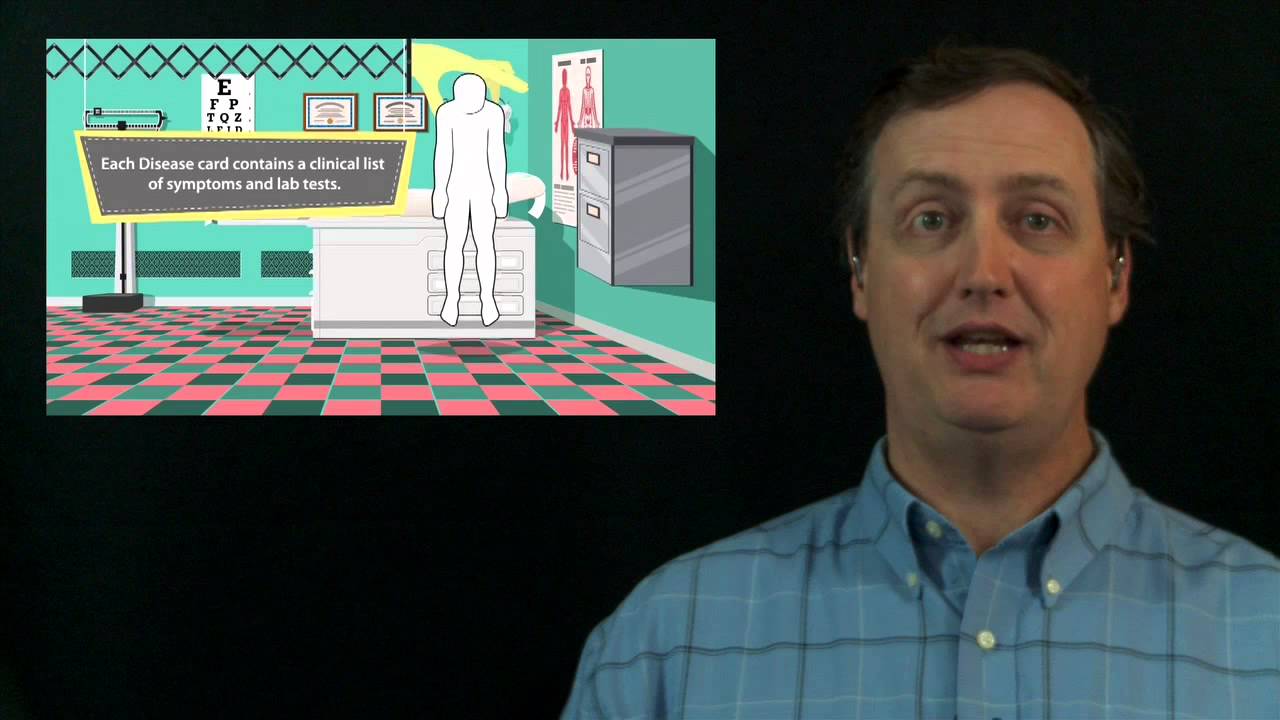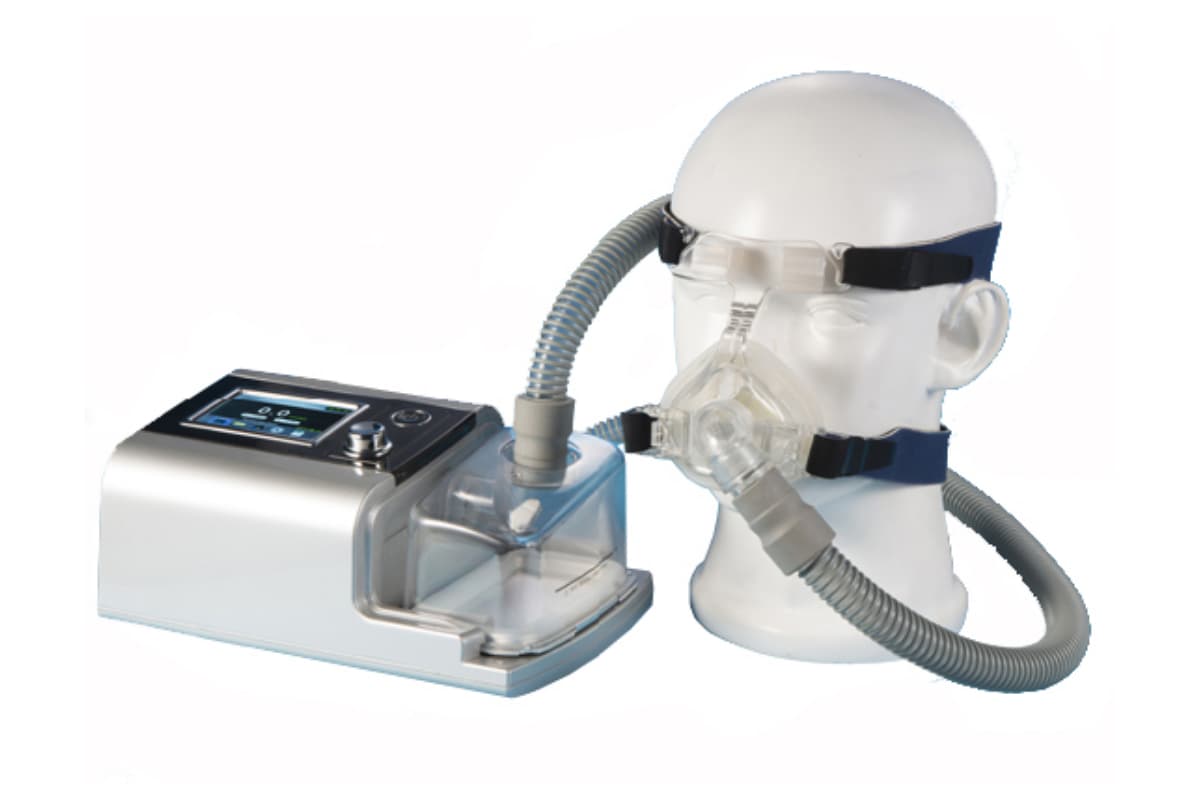According to our Sydney Eye Clinic specialist at Personal Eyes Centre, when it comes to caring for one’s eyes, consistency is key. Regular eye exams at the optometrist’s office can aid in the early diagnosis and treatment of any eye problems.
Your yearly checkups have arrived. You don’t skip out on dental checkups. Care for the sick is clearly something you’re an expert at. Is your eye doctor included in that group?
Having your eyes checked regularly at sydney eye clinic not only helps maintain healthy eyesight, but it also helps find disorders of the eye, many of which have no symptoms until it’s too late. An optometrist or ophthalmologist (eye doctor) will check the following during your eye exam:
- Clear vision, or “visual acuity,” is one measure of eyesight.
- Eye movement: how your muscles move your eyes around
- Eye alignment: where each eye is seeing when you focus on one area. Cataracts, glaucoma, and other eye diseases, along with high blood pressure and diabetes, can all be detected by looking into the back of your eyeballs, which they will do.

It’s hard to disagree with the fact that getting your eyes tested is beneficial, whether it’s to improve your vision or to detect potential problems down the road.
Recommendations for how often you should see a doctor might vary widely based on factors such as age, health background, and even gender.
Ophthalmologists recommend that everyone have a thorough eye check before they turn 40. Your ophthalmologist’s recommendation for follow-up visits will be based on the results of the eye exam. When we reach the age of 65, we typically have annual checkups with our eye doctor.
What are the consequences of putting off an eye exam?
Injury
Injuries to the eye, whether from trauma or chemicals, can be devastating. If you have experienced a major injury to your eye, such as a deep cut or scrape, you should seek immediate medical attention, especially if your vision has been impaired.

Contact your eye doctor immediately if you sustain any kind of injury to your eyes; even a little scratch on the surface of the eye can lead to permanent vision loss if infection sets in. Consult your optometrist if you are unsure whether or not your injury requires immediate medical treatment.
If you get any kind of chemical in your eye, you should immediately rinse it with clean water for at least 10 minutes and then go to the emergency department of the local hospital.
Alterations to your eyesight
Alterations to the visuals should always be examined. They may be the result of something harmless like dry eyes or nearsightedness, but they are also signs of eye illnesses that, if left untreated, can result in irreversible vision loss. A few examples are glaucoma, retinal detachment, diabetic eye disease, and age-related macular degeneration.
Seeing a doctor is usually necessary to determine the severity of an eye ailment because the same symptom might be caused by more than one eye illness.
The good news is that 90% of blindness can be avoided1 with early detection and treatment. If you have blurred vision, it’s important to have it checked out as soon as possible so that you can increase the chances of a full recovery.
This is why the following infographic stresses the need of getting immediate medical attention if you notice any abnormalities in your eyesight. If you need to be seen fast but aren’t sure how soon, call your eye doctor or optometrist and ask.
Discharge, lumps, and other symptoms
The eye doctor or optometrist should be consulted if you experience any of these signs. Common eyelid lumps, such as styes and chalazion, may respond to warm, moist compresses or over-the-counter medications.

However, if you’ve never had a lump or bump before, you shouldn’t automatically think it’s a stye or chalazion. Go to an eye doctor instead for a proper diagnosis and care.
Infection is one possible cause of discharge or pus from the eyes. Discharge (together with discomfort and redness) can be an indication of a dangerous bacterial infection that can cause permanent damage to the eyes if left untreated, thus contact lens wearers should visit their optometrist or doctor as soon as possible.
The inflammatory eye condition conjunctivitis (often referred to as “pink eye”) is another common source of discharge, redness, and irritation. Because COVID-19 can mimic conjunctivitis symptoms, it is crucial to get tested as soon as possible if you have any of these signs.
Eyes that are dry, watery, itchy, and irritated might be the result of a number of conditions, such as dry eye, digital eye strain, hay fever, or an allergic response. See your eye doctor if your symptoms worsen, are new, or do not respond to therapy as normal.
When in doubt, see a doctor.
Contact your optometrist, eye doctor, or primary care physician if you’re concerned about any of the aforementioned symptoms involving your eyes. Quick action can prevent permanent vision loss. Don’t dismiss your signs and symptoms.

How to Maintain Good Eye Health in Between Checkups
In addition to routine eye exams, there are several easy things you may do to protect your eyes:
- Consuming nutritious foods, such as leafy greens like spinach and kale.
- Retaining a healthy weight.
- The 20-20-20 rule states that anyone who spends a lot of time staring at a screen should gaze 20 feet in front of them for 20 seconds every 20 minutes.
Maintaining good eye health is crucial to your general well-being. Getting your eyes checked often and taking care of them can prevent future visual and health issues.
Lastly
If you are having any question or inquiry about how to have a correct vision, cataract surgery, Laser eye surgery, laser vision correction, diabetic retinopathy, franzco medical retina, minimally invasive glaucoma surgery, normally clear lens, vision loss, retinal conditions, short sightedness, – you should get in touch with us via our Personal Eyes website to book your free assessment today.
Consider the factors outlined in this blog post, weigh the pros and cons, and most importantly, consult with a Sydney cataract surgeon at Personal Eyes before making the final decision.
Related: What is a refractive error? Our Sydney Eye Clinic Specialist Explains.



